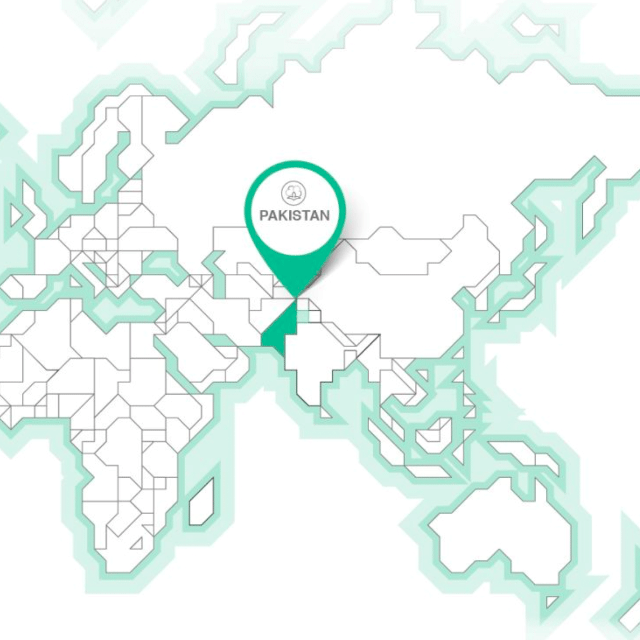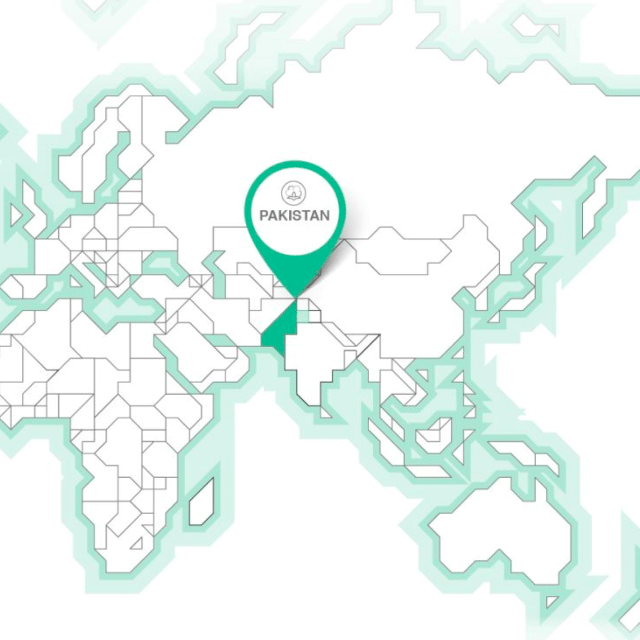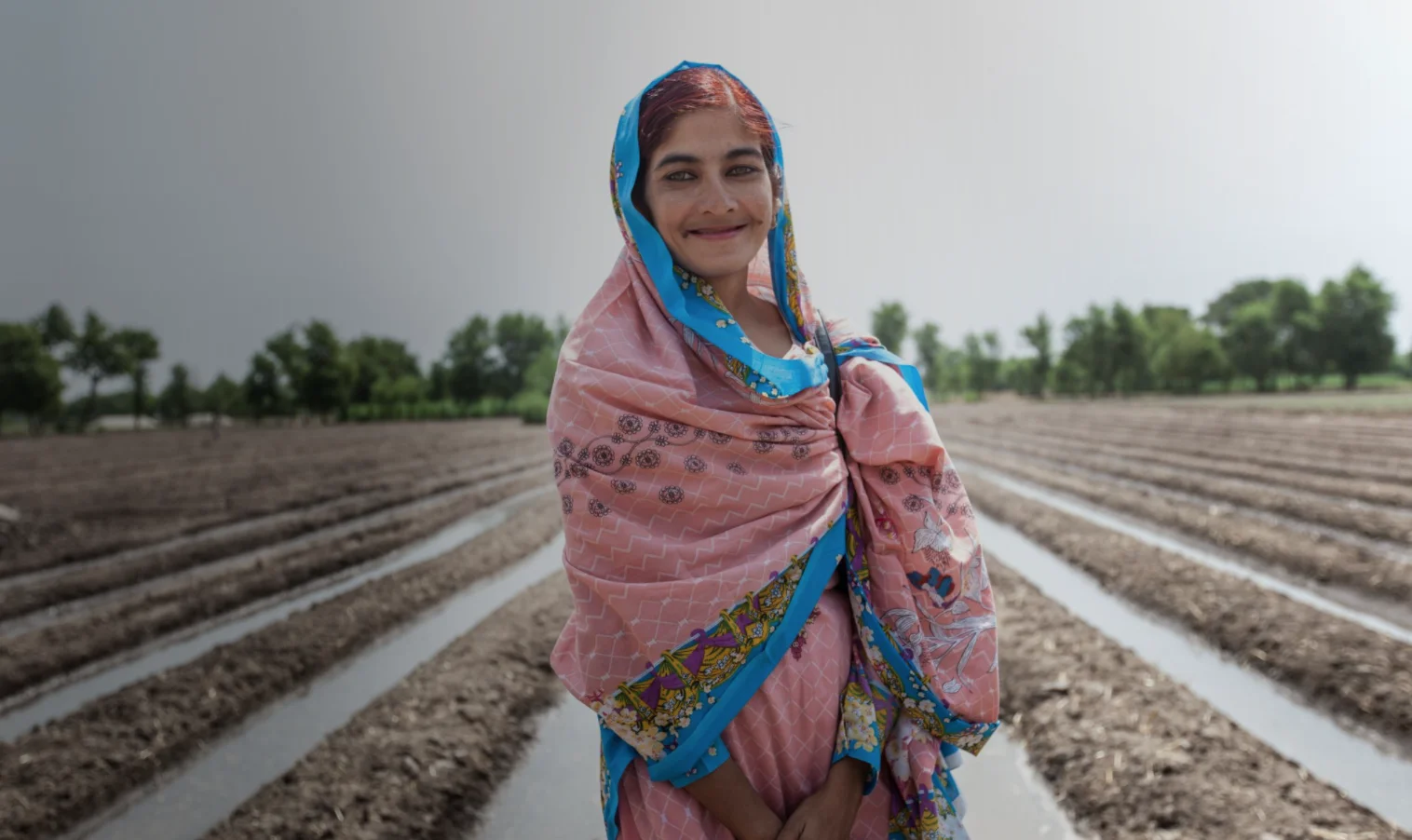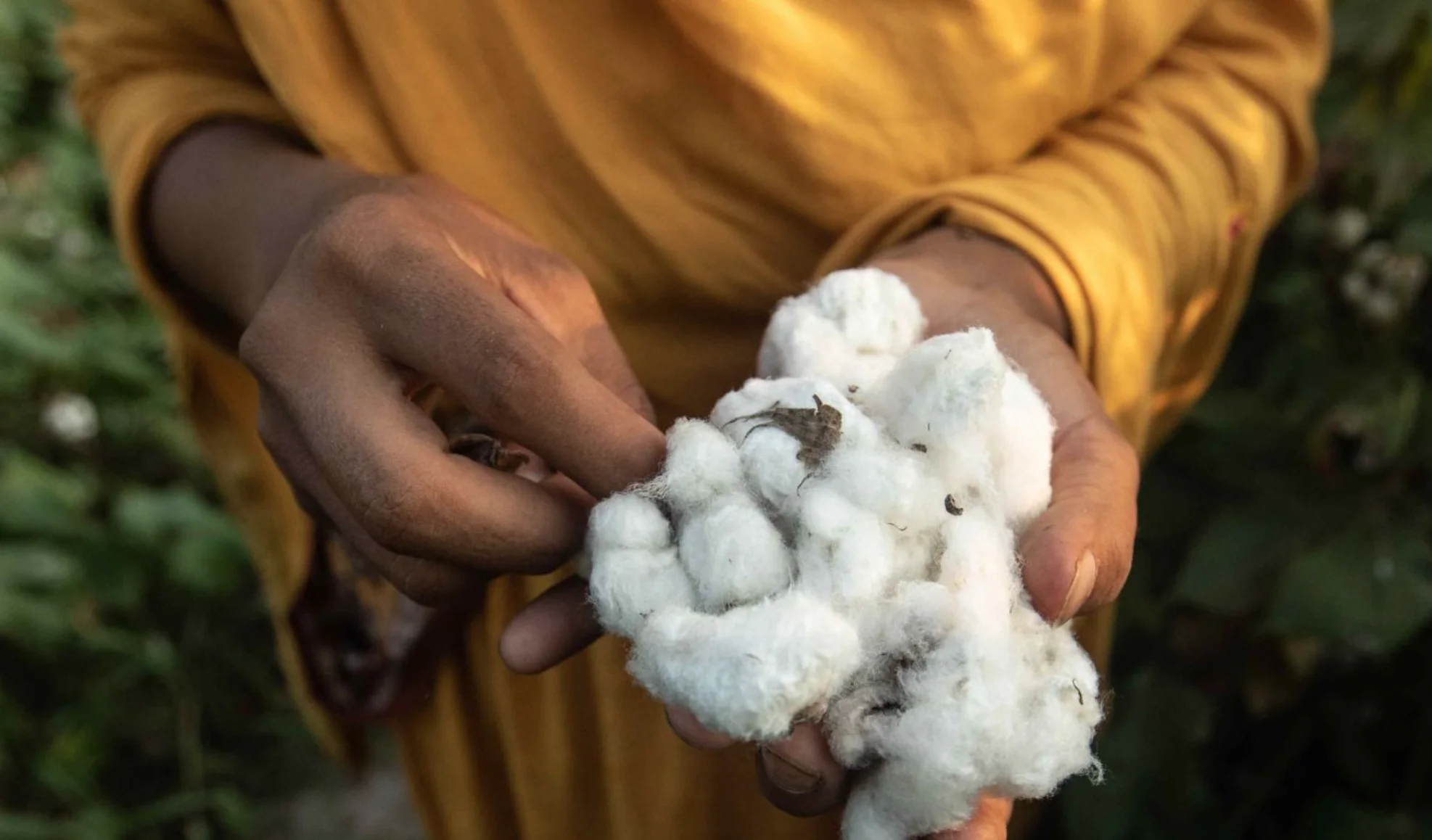

As of the 2021-22 season, Pakistan is the third-largest producer of BCI Cotton globally. We launched a Better Cotton Initiative (BCI) programme in Pakistan in 2009 to help the country’s rapidly developing cotton industry grow cotton more sustainably and improve the livelihoods of the approximately 1.5 million smallholder farmers who rely on cotton for a living. As the country moves away from sugar production in anticipation of water-scarce conditions caused by climate change, more farmers are growing cotton since it is naturally more drought-resistant. Together with our partners, we are supporting more of these farmers to become BCI Farmers.
Better Cotton Initiative Partners in Pakistan
BCI’s Programme Partners in Pakistan are:
- Centre for Agriculture and Biosciences International (CABI)
- The Central Cotton Research Institute (CCRI) funded by Mahmood Group
- Rural Business Development Consultancy (RBDC)
- The Rural Education and Economic Development Society Pakistan (REEDS)
- Sangtani Women Rural Development Organization (SWRDO)
- World Wide Fund for Nature (WWF) Pakistan
- Research and Development Foundation (RDF)
- Sami Foundation
Which regions grow BCI Cotton in Pakistan?
In Pakistan, the majority of cotton is grown in two regions — Punjab and Sindh.
When is BCI Cotton grown in Pakistan?
In Pakistan, cotton is planted from April to June and harvested from August to December
To find out more about BCI’s programme in Pakistan, check out the video below.
Pakistan is a Better Cotton Standard Country
Sustainability challenges
Cotton farmers in Pakistan are feeling the effects of climate change as unpredictable weather patterns and extreme heat are shortening growing seasons.
This is also leading to increased pests, especially the whitefly and pink bollworm, which can result in farmers becoming more reliant on pesticides.
High input costs and low market prices for cotton leave many of Pakistan’s smallholder cotton farmers struggling to earn enough to support themselves and their families.
Despite this, in some regions, cotton is the only option for farmers, which means increased productivity is key to creating better livelihoods.
Our Programme Partners in Pakistan help BCI Farmers address these challenges by keeping them informed of upcoming weather conditions and training them on good pesticide, fertiliser and water use practices.
They are also promoting women’s empowerment through training and projects. Learn more in the stories below.
Find out more about the outcomes farmers are experiencing by participating in the BCI programme in our latestAnnual Report.
Stories from the Field
BCI Programme Partners bring women together so that female BCI Farmers can share their experiences. Through these events, they promote the message that women should be able to fulfil their dreams, and explain that as a BCI Farmer, they can access the tools, knowledge and opportunities they need to succeed.
I decide exactly how my additional income is spent, and I feel proud of my decision to participate in this project and work independently, running my own business and making all the decisions. I enjoy what I’m doing and feel happy that I’m contributing to keeping the environment healthy.
Eliminating Child Labour: How BCI Decent Work Training Influenced a Farmer in Pakistan to Send His Son Back to School
Jam Muhammad Saleem is a BCI Farmer in Pakistan. When his eldest son, Muhammad Umar, turned 12, Saleem saw no choice but for him to leave school to work alongside him and his wife to tend their farm near the village of Jhangar Marha. But just a year later, his outlook changed completely. Now, he is convinced that education will give all five of his children the best start in life. The reason? BCI training.
Get in touch
Contact our team via the contact form if you’d like to learn more, become a partner or you’re a farmer interested in farming BCI Cotton.












































